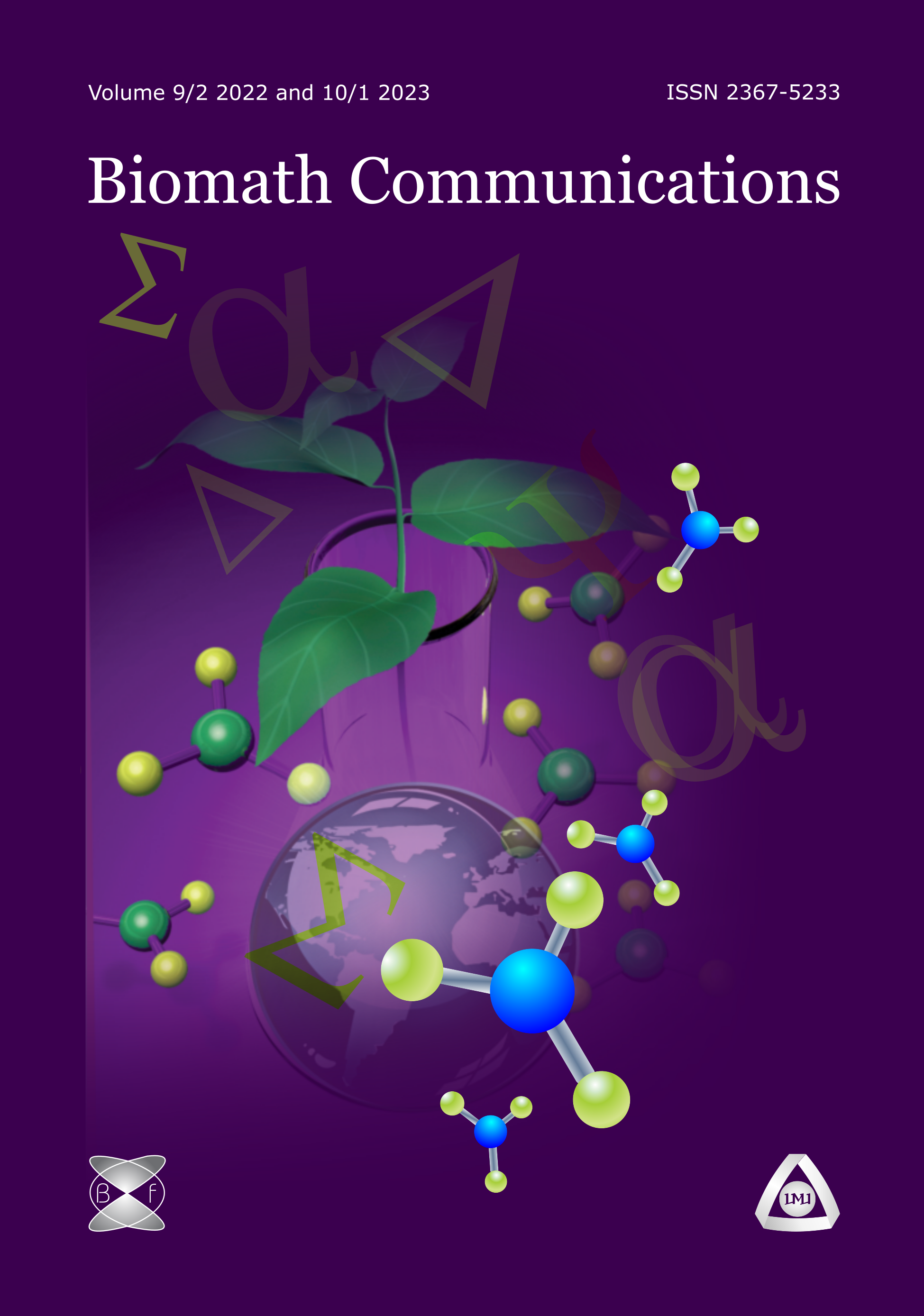Recalibration of p-values for Multiple Testing Problems in Genomics
DOI:
https://doi.org/10.11145/80Abstract
Statistical practice has shown a preference for conservative statistical tests in situations where exact control of the Type I error rate is difficult, likely due to a belief that the consequences of falsely rejecting the null hypothesis are usually greater than the opposing Type II error of failing to reject an incorrect null. Conservative tests, however, prevent us from detecting some of the real differences between two groups and, as a consequence, reduce statistical power. For example, a conservative RNA-seq differential expression test may not allow us to detect some differentially expressed genes, even when the sample size is sufficient for a non-conservative test.Here, we present techniques for recalibrating the p-values of conservative statistical tests with the aim of increasing the number of true-positive findings at each given p-value threshold. As a secondary benefit, these techniques may allow us to reduce the sample size required to achieve a desired level of power, leading to reduced experimental costs.
Downloads
Published
Issue
Section
License
The journal Biomath Communications is an open access journal. All published articles are immeditely available online and the respective DOI link activated. All articles can be access for free and no reader registration of any sort is required. No fees are charged to authors for article submission or processing. Online publications are funded through volunteer work, donations and grants.
Authors who publish with this journal agree to the following terms:
- Authors retain copyright and grant the journal right of first publication with the work simultaneously licensed under a Creative Commons Attribution License 4.0 that allows others to share the work with an acknowledgement of the work's authorship and initial publication in this journal.
- Authors are able to enter into separate, additional contractual arrangements for the non-exclusive distribution of the journal's published version of the work (e.g., post it to an institutional repository or publish it in a book), with an acknowledgement of its initial publication in this journal.
- Authors are permitted and encouraged to post their work online (e.g., in institutional repositories or on their website) prior to and during the submission process, as it can lead to productive exchanges, as well as earlier and greater citation of published work (See The Effect of Open Access).

